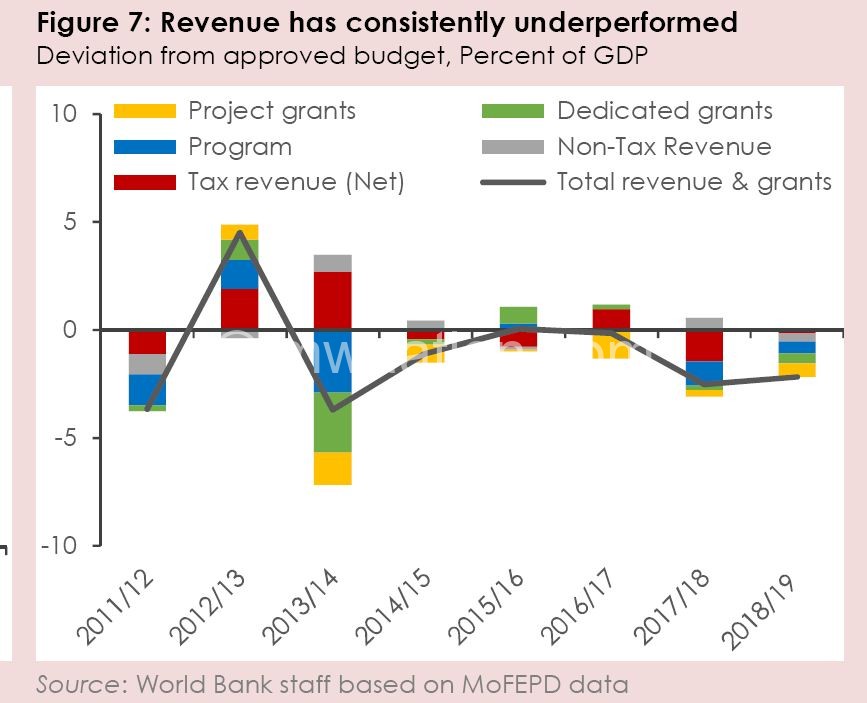MCCCI wants tax burden reduced
The Malawi Confederation of Chambers of Commerce and Industry (MCCCI) says it is hoping for efficiency-driven fiscal policies and reduced tax burden from the new government.
MCCCI chief executive officer Chancellor Kaferapanjira, in an interview yesterday, said the cost of doing business in Malawi is high, with one of the highest tax burdens and compliance costs in the region.

He said the private sector expects the new government, led by President Lazarus Chakwera and Vice-President Saulos Chilima, who were sworn in on Sunday in Lilongwe, to implement tax reforms that enhance efficiency and support economic growth.
Kaferapanjira said in the 2020/21 fiscal plan, MCCCI wants Treasury to review excise taxes to counter smuggling, lower corporate tax from 30 percent to 20 percent to stimulate growth and investment, reduce value added tax (VAT) from the current 16.5 percent to 13 or 14 percent to create demand, expedite VAT refunds to businesses from the current 40 weeks and extend tax allowances for corporate social responsibilities.
He said: “The high tax burden makes local products less competitive in terms of prices against neighbouring countries and on the domestic front this gives smuggled products a competitive advantage.
“There are a large number of non–transparent and inconsistent incentives that could be rationalised. Tax reforms are often characterised by piecemeal legislation, uncertainty and unpredictability.”
In the wake of the Covid-19 pandemic, Kaferapanjira said government should pursue industrial development policies which share similarities with import substitution policies, with agriculture being the priority area.
Treasury figures show that in the 2019/20 financial year, monthly tax revenue collections have dropped by 35 percent from K90.8 billion per month during pre-Covid-19 period to a monthly average of K59.1 billion during the post-Covid-19 period.
During the financial year, tax revenues were estimated at K1.369 trillion but projections show that government will collect K1.045 trillion.
Treasury figures indicate that tax revenue has performed below their forecasts in four of the last five fiscal years from the 2011/12 fiscal plan, except for 2012/13 financial year.
As a consequence, the country’s domestic debt has soared to K1.4 trillion at the close of 2019, according to Reserve Bank of Malawi (RBM) figures.
Budget and Finance Committee chairperson Sosten Gwengwe said in an interview last week that there is need for provisional budget before the new administration tables a new budget to reflect the aspirations of Tonse Alliance.
The provisional budget, as provided for in the Constitution, has a maximum timeframe of four months, which will give room for government to prepare a full budget.
Malawi Revenue Authority head of corporate affairs Steven Kapoloma earlier said with the Covid-19 challenges, the public tax collector is paying VAT arrears in line with the law.
“The law provides that we pay within or after three months. However, when we suspect that there are issues, we engage taxpayers and request tax audit exercise to ascertain payments,” he said. Tax expert Emmanuel Kaluluma said with the economy relying more on imported raw materials for production as companies’ operations are scaling down which is affecting government tax revenues.





